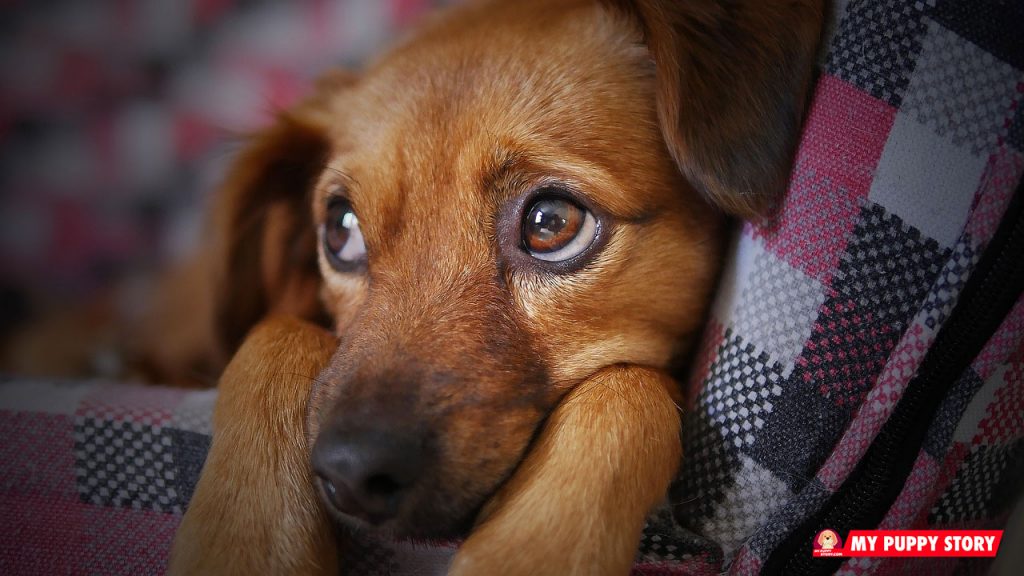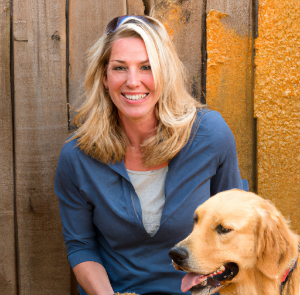
When a puppy is being house trained, mistakes are going to happen. Puppies are physically unable to hold their urine for more than a few hours until they are 4-6 months old, at minimum (some might take much longer than this). And when a new puppy soils the house, it needs to be seen as the fault of the owner, not the puppy.
Select a space outside that’s not far from the door, and using a leash, take the puppy to that spot for each bathroom break. Walks or playtime should be given only after the puppy has relieved herself.
When cleaning up an accident in the house, use a rag or paper towel and leave them in the pup’s potty area; the smell will let her know that this is the spot she is supposed to use.
Choose a word or phrase like “go potty,” “tinkle,” “hurry,” or “go now” and repeat it over and over until the puppy relieves herself. It’s important to use the same word each time, and then praise her immediately once she goes. Soon, she’ll associate the word with the action; as she gets older, her owner will be able to use the word to remind her what she is supposed to do.
When the puppy does what she is supposed to do, praise her as though she is the best puppy on Earth! She can also get a treat immediately after she goes, or be taken for a walk, saying something like an enthusiastic, “Good girl! Let’s go for a walk!” If she gets a treat, be sure it’s given right after she eliminates outside, rather than when she comes back in the house.
Like any baby, puppies thrive on routine. They need to eat and nap at about the same time each day, and they need to be brought outside to relieve themselves at least every two hours.
New puppies usually eat 3-4 times daily; if they’re fed at the same time each day, their digestive systems will get into a routine and the owner will be better able to predict when they’ll go each day. This makes housebreaking a bit easier for both pup and owner.
Puppies should be taken outside for potty breaks:
It’s important for the owner not to turn her back on a puppy during the housebreaking period, because she needs to watch for signs that the puppy needs to go sniffing, circling, pacing. This can be the most difficult part of the process.
Here are some tips to make it easier to keep an eye on the new puppy:
Do not punish a pup for soiling in the house. Puppies are emotionally very sensitive, and punishment for housebreaking accidents can cause the puppy to become frightened of the owner. This will likely prolong the house training process, causing distress for both owner and puppy.
Be sure to clean up any messes with an ezyme product that will completely eliminate any trace of odor so the dog will not return to the area to eliminate.
Remember, a puppy wants to please its owner, but she doesn’t understand human language. She has to learn what is expected of her, and she relies on her owner to gently and kindly teach these expectations.
